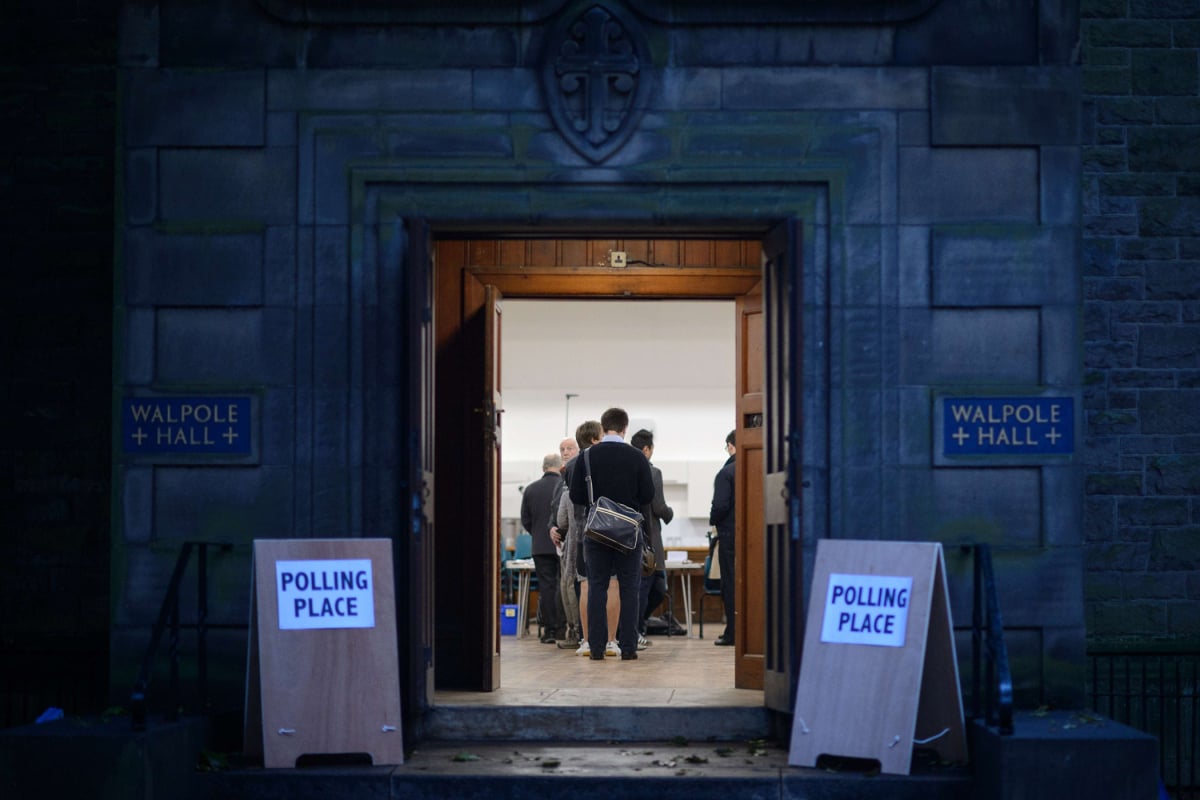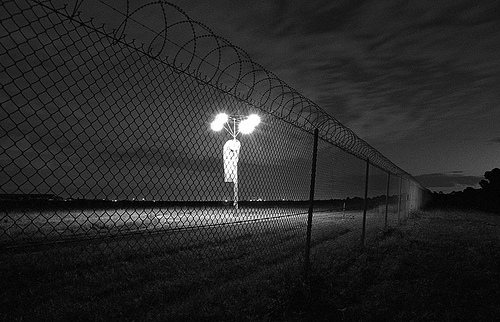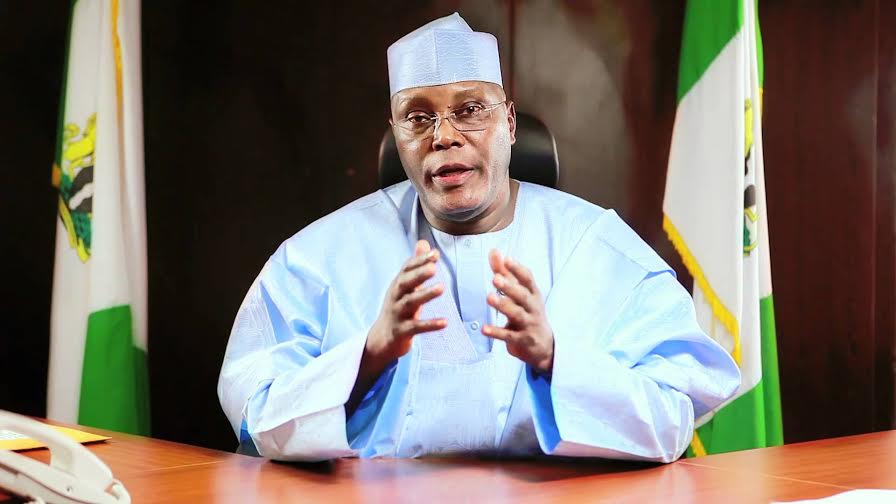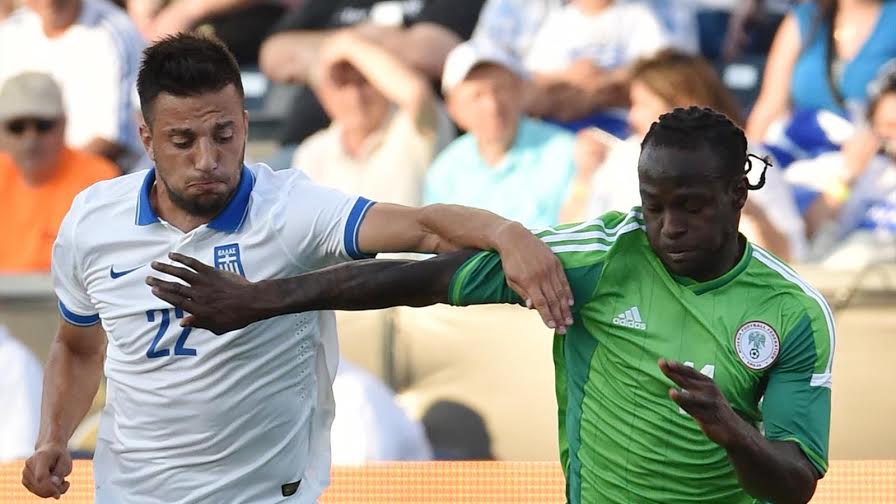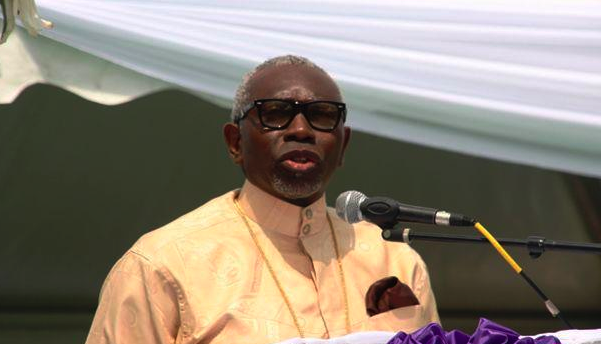Scotland has rejected the opportunity to become a sovereign nation by voting to stay within the United Kingdom in the just-concluded referendum.
They have granted credence to the age-long belief of their fathers by saying “United we stand, divided we fall”; and here are five of the factors that certainly informed their decision to reject the divorce of the 307-year-old union.
BEHEADED DAVID HAINES
The times are sensitive and no one wants to be seen as a devil, using the death of an innocent Scot as a campaign strategy. But both parties are subtly using the dead to make a point.
Advertisement
Since the beheading of David Haines by the Islamic State of Iraq and Syria (ISIS), David Cameron and other “better together” campaigners have been referring to the Scot as a Briton, sending a message to Scotland that they are ready to fight their battles as a Union.
The “yes” campaigners, on the other hand, have been subtly driving home the point that the British government would have done more if he was really the “British hero” Cameron said he was.
A voter may have voted “yes”, if he/she perceived Scottish battles were not well-fought by the UK government, or “no” if otherwise.
Advertisement
POUND STERLING AND THE UNCERTAIN SCOT-CURRENCY
Great Britain Pound (GBP) is quite a great currency for any economy. Some say it’s the most influential currency in the world while others say it’s the US dollar. Regardless of one’s leanings, the reality is that the pound sterling is the highest-valued currency in the world – the fourth most-traded currency in the world, just after US dollars, the Euro, and Japanese Yen.
The British government threatened that independent Scotland would not be permitted to keep using GBP, saying it is “incompatible with sovereignty”; hence casting a cloud of uncertainty over the reality the Scots were to face in the days to come if the “yes” campaigners won.
Hence, any voter who loved GBP over the uncertain Scot-currency was likely to vote “no”.
Advertisement
The British pound that seemed to have been dwindling over the past few weeks has jumped immediately after a favourable poll for the Union.
NUCLEAR WEAPONS AND NATO MEMBERSHIP
Unfortunately or perhaps fortunately for Britain, its greatest weaponry seemed to be within the shores of Scotland. The Trident nuclear missile system is based at Coulport weapons depot and naval base of Faslane in the Firth of Clyde area, Scotland.
Alex Salmond’s Scotland is opposed to the nuclear programme, hence an independent Scotland would not continue with it. This would mean the UK would have to move the weapons base elsewhere. The movement has been estimated to cost £3b, and take a minimum time of 10 years.
Advertisement
North Atlantic Treaty organisation (NATO), popularly referred to as “world’s most successful defence alliance”, is sympathetic to the weapon’s programme, and would do virtually anything to keep it.
Hence, NATO seemed negatively disposed to the idea of an independent Scotland that would “end” the programme, and could deny Scotland entry into the defence alliance. Therefore, NATO and nuclear weapon lovers would likely have voted a “no”, while those who believe in “peace and caring for the people and planet” as Alex Salmond puts it would, must have voted a yes.
Advertisement
Some “yes” campaigners had urged Salmond to keep the nuclear programme and use it as bargaining chip to join NATO and use GBP as its currency. However, that would no longer be necessary, as the status quo on the weapons programme remains.
SPORTS
Advertisement
Scotland has a very rich sporting history, which “better together” solicitors have tried to play down as much as possible. The influential game of Golf has its origin in Aberdeen, Scotland. The country hosted the commonwealth games for the third time in 2014, after hosting the game in 1970 and 1986.
Scotland won 19 gold, 15 silver and 19 bronze medals to finish fourth with 53 medals. In the same outing, England topped the medals table with 58 gold, 59 silver, 57 bronze medals and a total of 174 medals, showing British superiority over Scotland in sports.
Advertisement
However, as an independent country, Scotland isn’t a bad team at all, to have been ahead of India, New Zealand, South Africa, Nigeria and many other independent countries in the same games.
There’s a joke that Andy Murray is British when he wins and Scottish when he loses. This joke translated into a “yes” vote as Murray declared interest in playing lawn Tennis for independent Scotland. His public opinion may have driven many of his fans to vote “yes”. But the Scots still think it’s better to go to the Olympics as 4-team-in-1 (England, Scotland, Wales, and Northern Ireland).
BLACK GOLD
These may be seen as the most influential determinant of Thursday’s voting pattern.
Aberdeen, Scotland, is popularly referred to as Europe’s oil capital, possessing approximately 90 per cent of the United Kingdom’s North Sea oil fields.
While the ‘Yes-men’ posit that the oil is there for Scotland to grow and stay economically buoyant, the ‘no-men’ rather pose a question: how much oil does Scotland have left? They are also quick to answer: just 24b barrels.
The “no-men” say it is better to stay together as they gradually see the end of oil and live together on their human resources. The “yes-men”, on the other hand, say the oil is vast, the proceeds of oil have been largely spent by the UK government, with little coming to the Scots, emphasising that time had come to have autonomy over their own oil.
Those who want oil autonomy would likely have voted a “yes” for independence and vice-versa.
All these reasons criss-crossed in the hearts and souls of more than 4.2million Scots, as they drove their nation towards the calm of unity rather than the tides of uncertainty of independence.
Congratulations to the United Kingdom — or the Reunited Kingdom!
Add a comment

